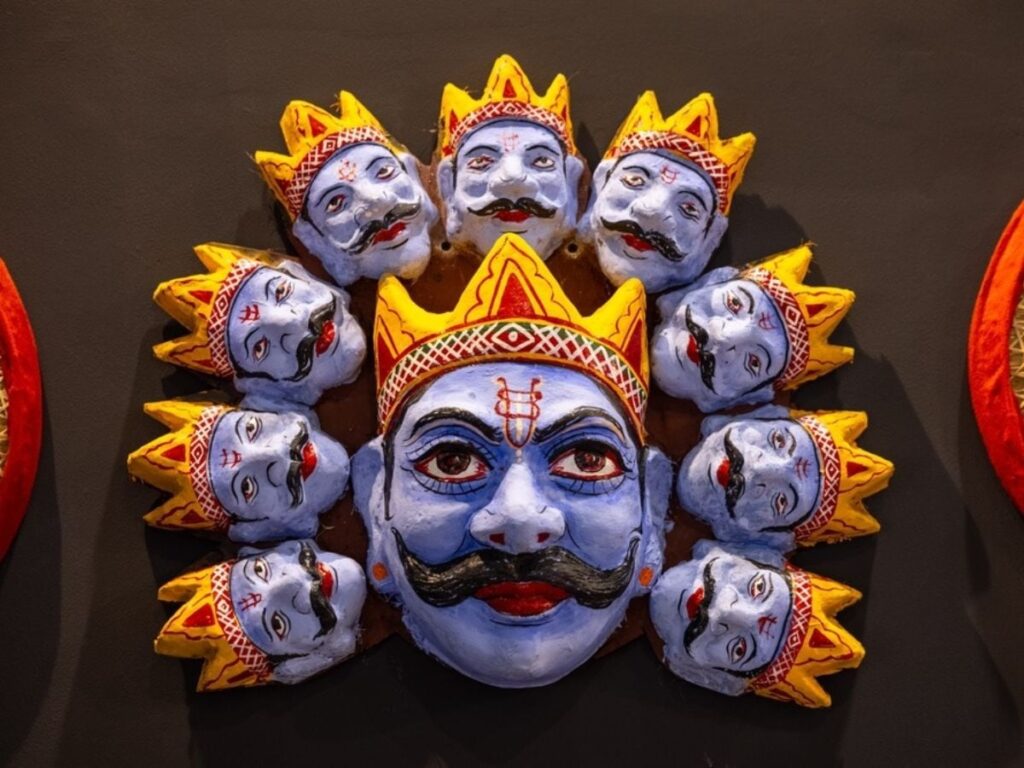In India, the festival of Dussehra is celebrated with immense joy and enthusiasm across the country. It signifies the victory of good over evil, commemorating Lord Rama’s triumph over the demon king Ravana. While most regions participate in the tradition of burning effigies of Ravana as a symbolic gesture, there exist unique places where the demon king is revered and worshipped instead. This article delves into the intriguing customs surrounding Ravana worship during Dussehra.
Ravana: A Complex Character in Hindu Mythology
Ravana, often portrayed as the epitome of evil in the Ramayana, is also a character with complexities and virtues. A learned scholar and a devoted follower of Lord Shiva, his character offers a dual perspective that contrasts with the simplistic view of good versus evil.
Ravana’s Attributes and Contributions
- Scholar: Ravana was known for his immense knowledge, especially in the fields of literature and music.
- Devotion: His intense devotion to Lord Shiva is legendary, having built the famous Kailash Temple.
- King: As the ruler of Lanka, he is credited with advancements in architecture and governance.
Regions Where Ravana is Worshipped
While the act of burning Ravana’s effigies during Dussehra symbolizes the eradication of evil, there are certain locales in India where the narrative shifts towards reverence and devotion.
Prominent Places of Worship
| Location | Rituals Performed | Significance |
|---|---|---|
| Chhattisgarh | Worshipping of Ravana with offerings | Recognition of knowledge and culture |
| Some Regions of Maharashtra | Instead of burning, they hold prayers | Celebration of Ravana’s wisdom |
| Rajasthan | Festivals include reverent ceremonies | Highlighting Ravana’s attributes and his role in the narrative |
Understanding the Cultural Significance
The worship of Ravana in some regions during Dussehra reflects a rich cultural tapestry, showcasing the interplay between tradition, folklore, and the moral lessons conveyed through stories of mythology. It emphasizes that the complexity of characters in epics often leads to interpretations that can vary widely within different cultural contexts.
Conclusion
As India celebrates the vibrant festival of Dussehra, it’s essential to recognize the diverse narratives that accompany these traditions. The worship of Ravana in specific regions serves as a poignant reminder that cultural practices can offer a more nuanced perspective on mythological figures. By embracing these differences, we enrich our understanding of Indian heritage, highlighting the importance of values such as knowledge and devotion even in figures often cast in a negative light.
